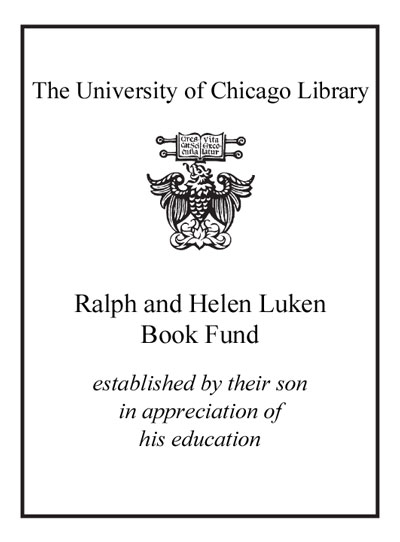Review by Choice Review
The global debt crisis of the late 1970s and early 1980s led to a severe curtailment of financial flows to the south. Although the flow of international capital to the less-developed countries resumed in the 1990s, such flows were largely in the form of foreign direct investment (FDI) and, to a lesser extent, equity investment, and not much in the form of lending, as was the case in the 1970s. While FDI and equity investment have been heralded as key to the industrialization and development of the south, this book raises serious questions about the current euphoria over promoting and attracting foreign investment. Woodward clearly argues, largely on the basis of an expert analysis of balance of payments components, that just as massive lending and borrowing of the 1970s led to the global debt crisis, FDI and equity investment too can lead to economic difficulties for host countries. Woodward discusses risks of substantial outflows of resources; potentially depressive effects of overinvestment on the prices of many traditional exports; adverse implications for national sovereignty, social welfare, and democratic rights of host country citizens; and the easily transferable economic crises from north to south. Recommended for informed general readers and academic audiences, upper-division undergraduate through professional. I. Hossein-Zadeh Drake University
Copyright American Library Association, used with permission.
Review by Choice Review

